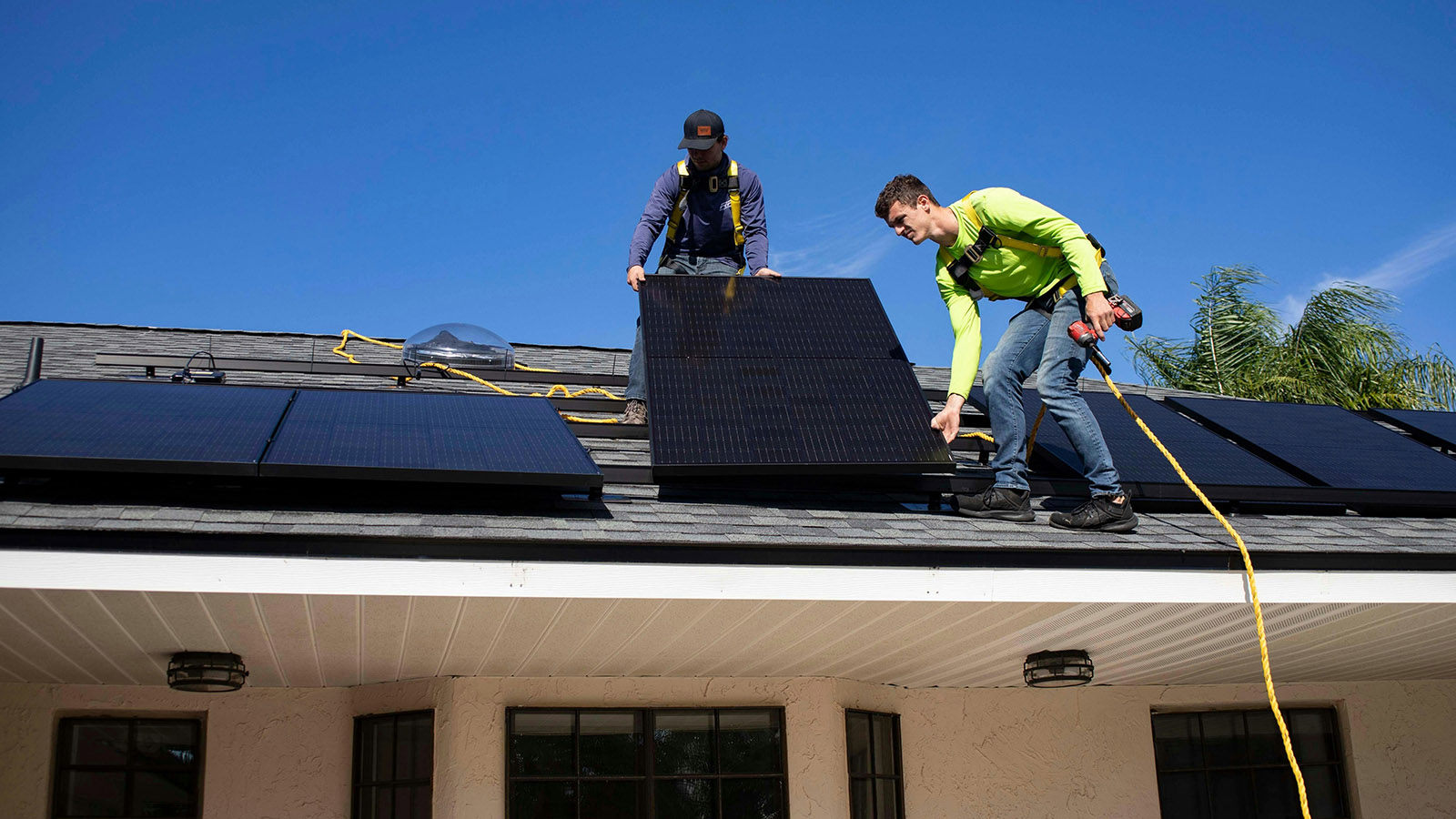Renewable Energy Jobs tagged "Hardware Engineering"
-
On-site Internship 2 days ago
-
Flexible Full Time 2 days ago
-
-
-
On-site Full Time 2 days ago
-
On-site Full Time 2 days ago
-
On-site Full Time 2 days ago
-
On-site Full Time 2 days ago
-
On-site Internship 2 days ago
-
On-site Full Time 2 days ago
-
-
-
Flexible Full Time 2 days ago
-
Lappeenranta, Finland + 2 locationsFlexible Full Time 2 days ago
-
On-site Internship 2 days ago
Hardware Engineering in Renewable Energy
Hardware engineering in the renewable energy sector focuses on the design, development, and maintenance of physical components and systems used in energy generation, storage, and distribution. This discipline is crucial across various renewable sectors, including solar energy, wind energy, and hydropower.
Typical Responsibilities
Hardware engineers in renewable energy are responsible for designing and testing components such as solar panels, wind turbine blades, and energy storage systems. They work on improving the efficiency and reliability of these components, ensuring they meet industry standards and regulatory requirements. Tasks may include prototyping, conducting performance analyses, and collaborating with software development teams to integrate hardware with digital systems.
Required Skills and Qualifications
Professionals in this field typically hold a degree in electrical, mechanical, or materials engineering. Key skills include proficiency in CAD software, knowledge of manufacturing processes, and an understanding of renewable energy technologies. Soft skills such as problem-solving and teamwork are also essential, as hardware engineers often work in multidisciplinary teams.
Impact on Renewable Energy Projects
Hardware engineering plays a vital role in enhancing the performance and cost-effectiveness of renewable energy projects. By developing more efficient and durable components, hardware engineers contribute to the sustainability and scalability of renewable energy solutions, ultimately supporting the transition to a low-carbon economy.
Industry Trends and Market Demand
The demand for hardware engineers in renewable energy is growing, driven by advancements in technologies like battery technology and smart grid systems. As the industry evolves, there is an increasing focus on integrating IoT and AI to optimize hardware performance and maintenance.
Career Opportunities and Pathways
Career opportunities range from entry-level positions in design and testing to senior roles in project management and innovation. Hardware engineers can advance to leadership positions or transition into related fields such as system design or energy management.
Examples of Real-World Applications
Companies like Enphase Energy and Vestas are known for their innovative hardware solutions in solar inverters and wind turbines, respectively. Startups such as Ampaire are also making strides in developing hybrid-electric aircraft, showcasing the diverse applications of hardware engineering in renewable energy.
Challenges and Future Directions
Challenges in hardware engineering include the need for continuous innovation to keep pace with rapidly evolving technologies and the pressure to reduce costs while maintaining quality. Future directions may involve the development of more sustainable materials and the integration of advanced technologies like quantum computing to enhance hardware capabilities.
Get Job Alerts
Get alerts for Hardware Engineering jobs
Featured Jobs
Renewable Energy Blog Posts
-

Renewable Energy Forecast for 2030
By 2030, renewables are poised to supply nearly half of global electricity, with solar and wind leading this explosive expansion. In this data-driven piece, we explore job creation forecasts, supply chain bottlenecks, and policy hurdles. -

Fastest Growing Renewable Energy Sector: Data and Trends
In 2023, solar photovoltaics surged by 32.59%, officially making it the fastest-growing renewable energy source worldwide. Yet offshore wind, which soared by 57.87% in 2021, remains a formidable competitor in total electricity output due to its high capacity factor. This concise overview highlights how policy incentives, cost reductions, and manufacturing advances are propelling solar to the forefront of the global energy transition. -

Career Opportunities in Solar Energy
The solar energy sector is experiencing unprecedented growth, with over 7.1 million jobs in solar PV alone as of 2023. For professionals considering a career shift into renewable energy, solar offers pathways across R&D, manufacturing, project development, and operations.















